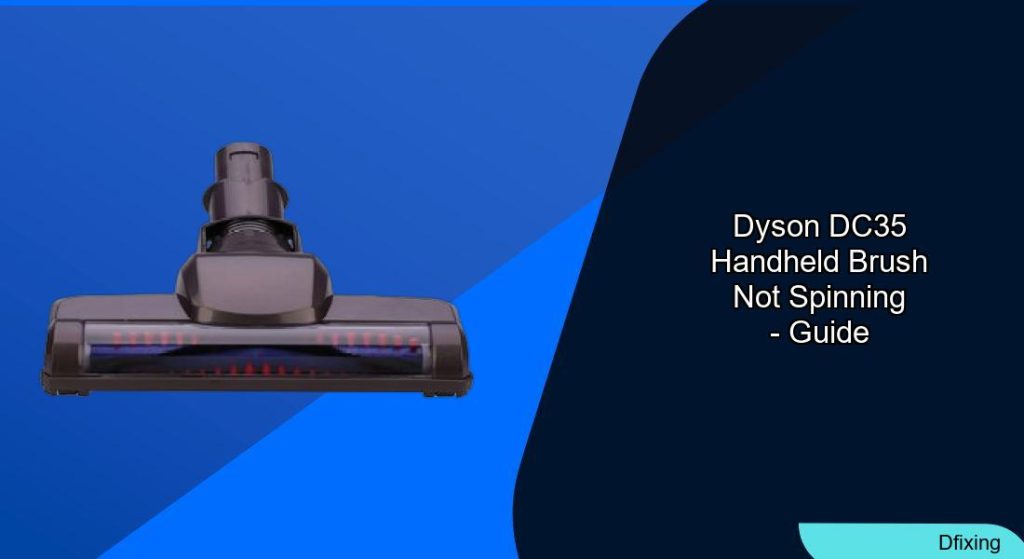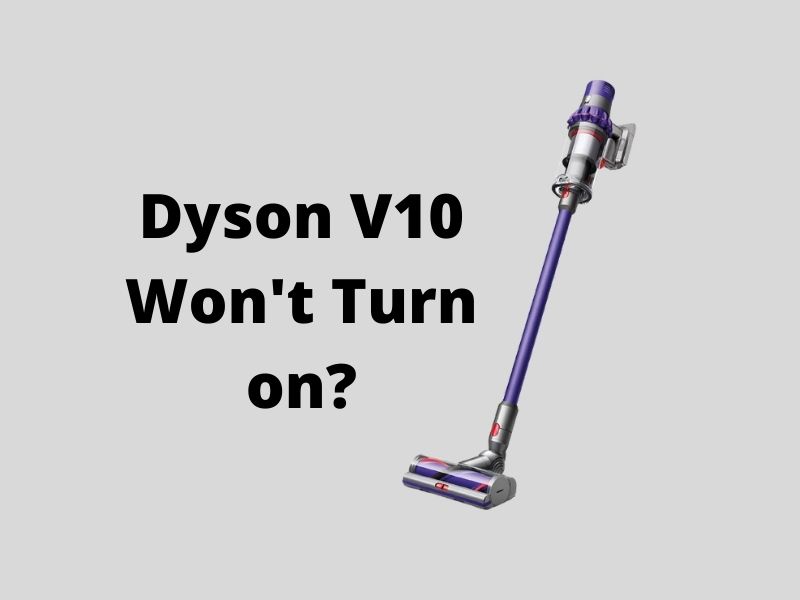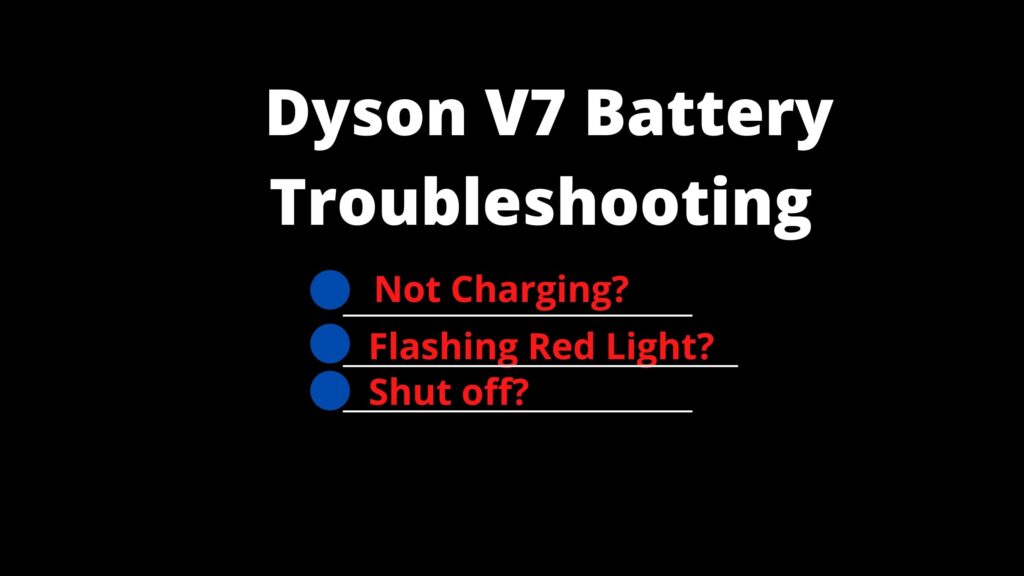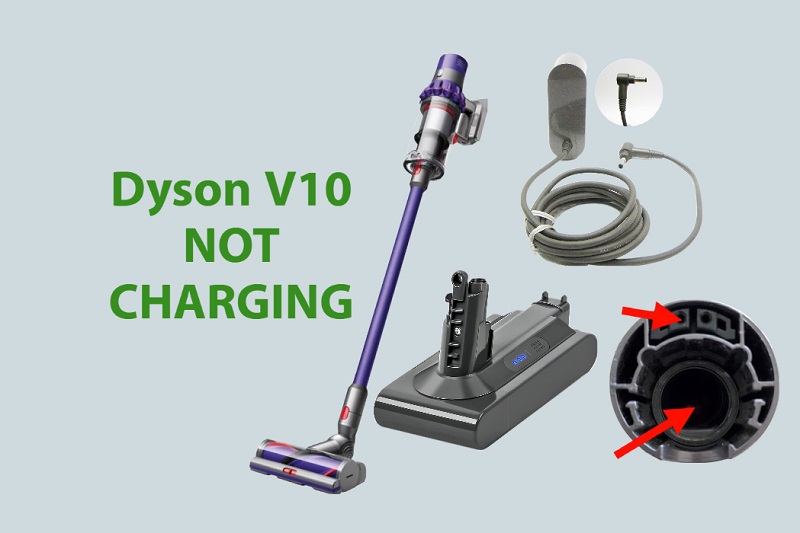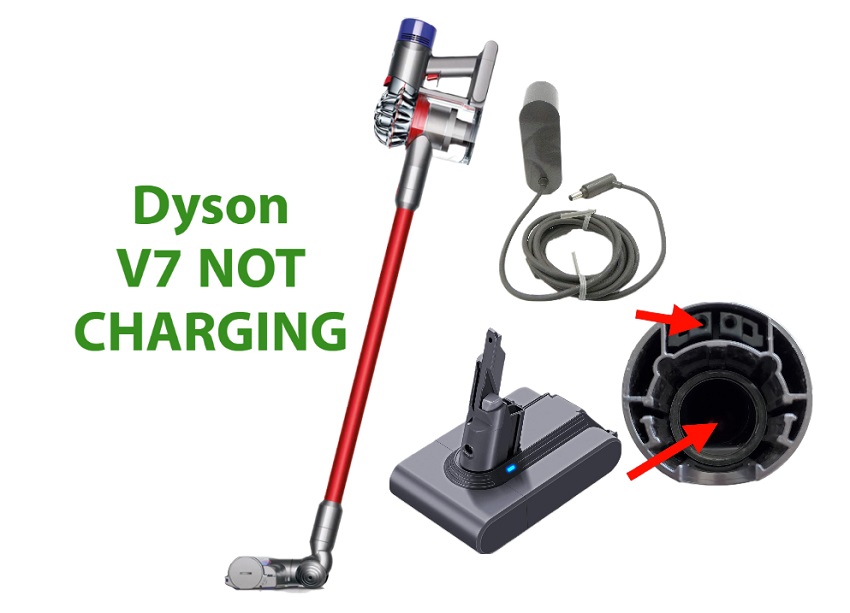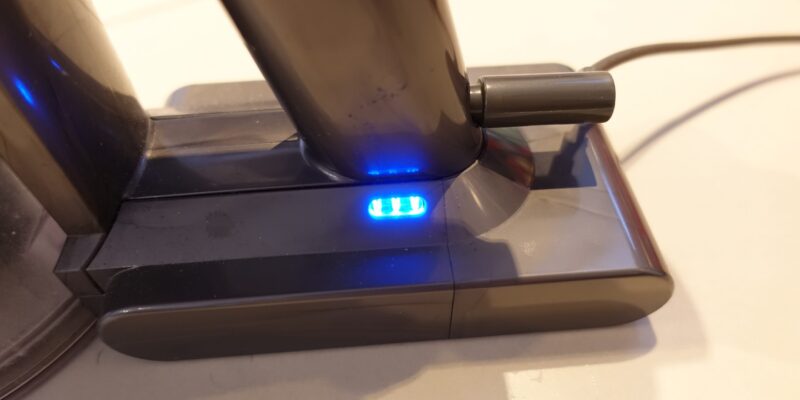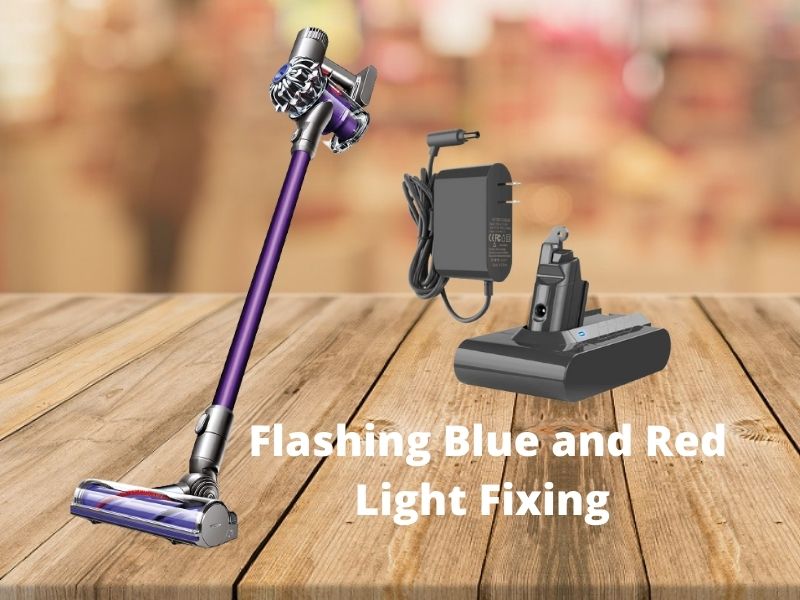Dealing with a Dyson DC35 handheld brush that refuses to spin can transform a simple cleaning task into a frustrating ordeal. This issue often stems from debris buildup, electrical faults, or mechanical wear, but many fixes are achievable at home. In this guide, you’ll learn how to diagnose and resolve common problems, from clearing hair tangles to replacing faulty components. We’ll also cover preventative strategies to keep your vacuum running smoothly and when to seek professional help or replacements.
Affiliate disclosure: As an Amazon associate, We'll earn a commission for every successful order through our affiliate links in the article. However, you won’t be charged anything for this.
The Dyson DC35’s rotating brush is critical for effective cleaning, especially on carpets and upholstery. When it stalls, performance plummets, leaving debris behind. Fortunately, most issues—like tangled hair, worn belts, or loose wiring—can be addressed with basic tools and a bit of patience. Whether you’re troubleshooting a sudden malfunction or maintaining long-term efficiency, this article provides step-by-step solutions tailored to the DC35’s unique design.
Troubleshooting Common Causes
Clearing Debris from the Brush Roll
Hair, string, or lint often wraps around the roller brush, preventing it from spinning. Start by unplugging the vacuum and detaching the brush head. Remove the screws securing the roller brush and inspect it for obstructions. Use scissors to cut away tangled hair, paying close attention to the black spindle where debris accumulates. One user discovered a hidden plastic fragment inside the roller that resolved the issue after removal. Always ensure the brush moves freely before reassembling.
Disassembling the Brush Head for Deep Cleaning
If basic cleaning fails, further disassembly may be required. Use a coin to unlock the brush head’s side cap, then slide out the roller brush. Remove the front bar’s screws with a Phillips screwdriver, followed by the central Torx screw securing the cog. Gently pull out the cog with pliers, being cautious not to damage plastic components. Clean the hub and brush bar ends with a cotton swab dipped in rubbing alcohol. Hair coils trapped in these areas often cause persistent issues.
Power Delivery and Battery Checks
Assessing Battery Health
Weak or intermittent brush rotation can signal a failing battery. Confirm the battery is fully charged and test it with a spare DC35 unit if available. Batteries older than 3–5 years typically lose their charge capacity, requiring replacement. One user reported erratic motor behavior—spinning briefly before stalling—linked to a degraded battery. Investing in a new battery can restore full functionality.
If the battery is old or not holding charge, it might be time to replace it.
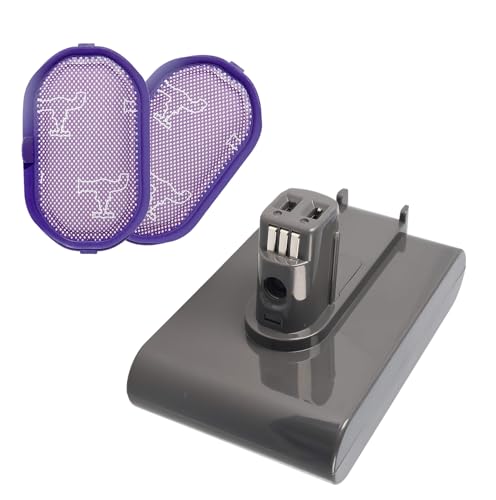
Highest capacity for extended runtime and strong suction

Affordable option with upgraded capacity and safety protection
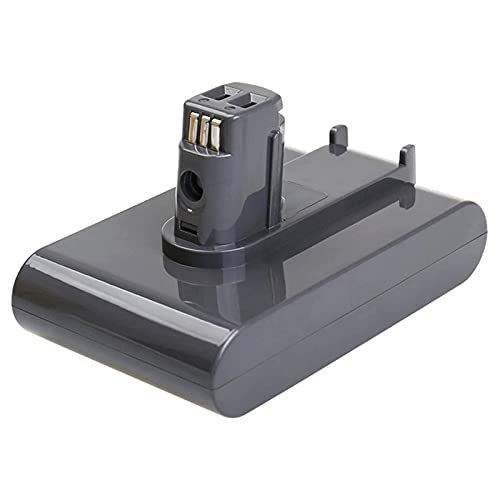
Balanced value with extended runtime and reliable support
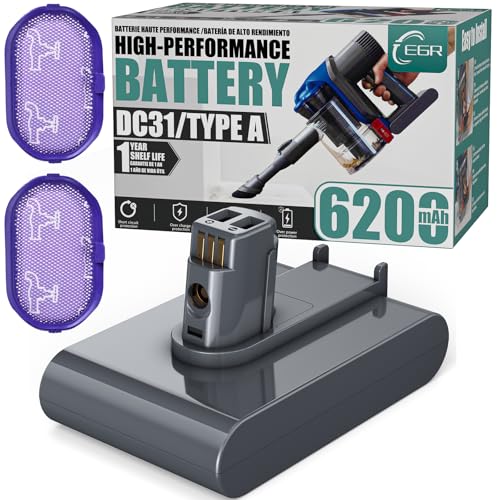
Enhanced suction with anti-slip feature for stability
Inspecting Electrical Connections
Loose or damaged wires disrupt power flow to the brush. Open the vacuum head and check connections between the brush and motor. Secure frayed wires or replace them if insulation is compromised. A user found a partially detached wire causing the brush to stop; reattaching it solved the problem. Ensure terminals are clean and free of debris to maintain consistent conductivity.
Mechanical Repairs and Component Replacement
Fixing the Belt and Gears
A worn or broken belt can halt the brush roll’s rotation. Remove the roller brush and inspect the belt for cracks or stretching. Misaligned or broken gears also prevent spinning—check these components during disassembly and replace as needed.
Addressing PCB and Trigger Mechanism Issues
Advanced cases may involve a faulty printed circuit board (PCB), especially if the brush stalls during use. The DC35’s trigger mechanism is prone to rubber contact degradation, which can be bypassed by soldering three contact points. While this repair extends usability, it may compromise safety features.
DIY Solutions and Maintenance Best Practices
Leveraging Video Guides
Visual learners benefit from step-by-step tutorials. One user praised a video for simplifying the disassembly and cleaning process, highlighting tricky steps like cog removal and terminal cleaning.
Preventative Maintenance
Regular upkeep prevents recurring issues:
– Clean filters monthly: Rinse filters with water, dry overnight, and reinstall.
– Inspect brush rolls weekly: Remove hair and fibers with a lint roller.
– Replace brush rolls every 6–12 months: Depending on usage frequency.
– Avoid large debris: Vacuum large objects only with appropriate attachments.
If you’ve tried all the troubleshooting steps and the brush still isn’t spinning, it might be time to consider replacing specific components to restore full functionality.
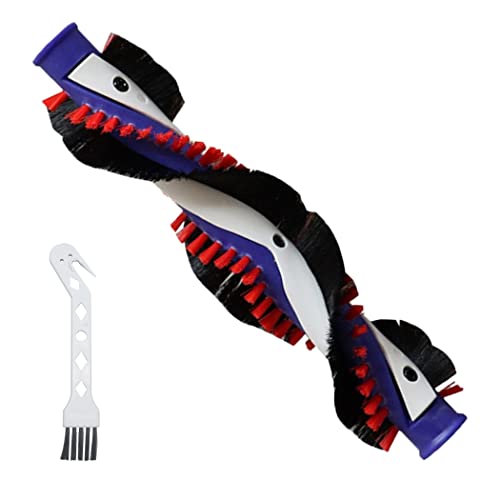
High-quality replacement for efficient hair and pet hair removal

Carbon fiber brushes with motorized suction for deep cleaning

Extended runtime and certified safety for longer cleaning
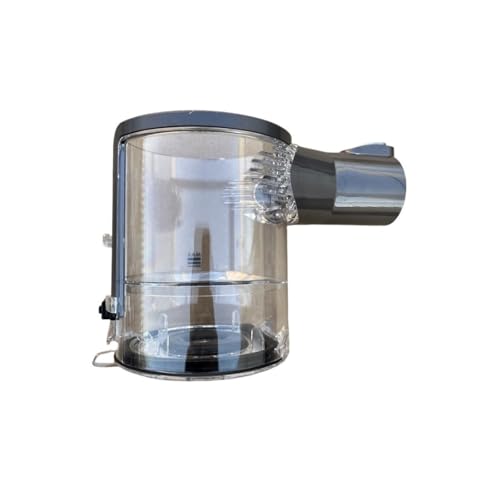
Durable high-capacity dust bin for efficient debris collection
Frequently Asked Questions (FAQ)
Why does my Dyson DC35 brush stop spinning intermittently?
Intermittent spinning often points to a weak battery, loose wiring, or debris buildup. Check these areas systematically.
How do I clean the brush head thoroughly?
Disassemble the roller brush, cog, and hub using a Torx screwdriver. Clean debris with scissors, rubbing alcohol, and cotton swabs.
Can I use the vacuum without a spinning brush?
Yes, for tasks like car cleaning. However, performance on carpets will suffer, and prolonged use without a functioning brush may strain the motor.
What’s the warranty on Dyson DC35 components?
Dyson offers a five-year guarantee on most machines but only a two-year warranty on handheld models like the DC35.
Conclusion
A Dyson DC35 handheld brush not spinning is a solvable challenge with the right approach. From clearing debris to addressing electrical or mechanical faults, most issues can be resolved at home. Regular maintenance—like monthly filter cleaning and periodic brush roll replacement—prevents future problems. If DIY efforts fall short, consider reaching out to Dyson support or sourcing replacement parts independently.
By understanding your vacuum’s design quirks, such as the DC35’s trigger mechanism vulnerabilities, you can extend its lifespan and maintain optimal cleaning efficiency. For persistent issues, budgeting for repairs or upgrades to newer models ensures long-term satisfaction.

